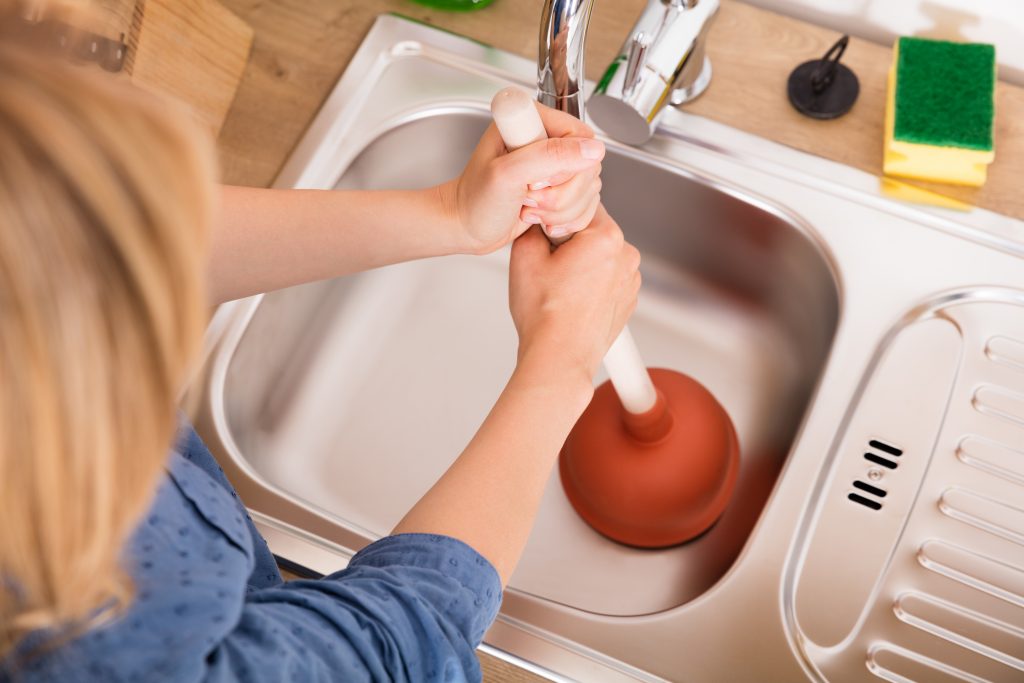If you’ve noticed that there seems to be a blockage in your plumbing, you might be wondering who to call. Do you just call a plumber? Do you call the council? Can you handle it yourself?
Handling it yourself
If the problem is a simple one, then you might be able to handle it yourself by cleaning your drains and making sure they’re free of debris.
Clogged hair is one of the common causes of a drain blockage which is something you can quickly sort yourself. If you can’t see anything blocking the drain then you could use a chemical cleaner to try and clear whatever’s in the pipe. If you want to avoid chemical cleaners, there are some more natural options like using baking soda and vinegar.
If the problem doesn’t seem to be going away, then the next step would be to contact the relevant people who can help you fix it.
Larger problems
If you can’t seem to fix the blockage it may indicate a larger problem. You may be wondering who to call first. Do you call a plumber or the council?
In order to determine who’s responsible, it’s important to note the differences between drains and sewers first of all.
A drain is a pipe that drains water and waste from your house and sits within your property boundaries. A lateral drain a pipe which carries wastewater away from your house. It’s typically outside your property boundary, usually under public ground.
A sewer is a pipe that collects water and waste from the drains of a number of buildings. Most of these are publicly owned and will be maintained by your local water company.
Who’s responsible?
If you own your property, you will be responsible for maintaining drains within the boundaries of your property so you’ll have to pay for any repairs. If you rent, your landlord will be. This is where insurance that covers plumbing comes in handy.
If there’s a problem with a lateral drain or a sewer, most of these are maintained by local water companies now so you’ll have to get in contact with them. If it’s a private sewer and you own the property, then it’ll be your responsibility.
If you’re unsure who’s liable you’ll need to check the deeds of your property and also contact your local water company. You can report a blocked drain to the council through the government’s website here.
Maintaining your drains
Prevention is better than having to fix the same problem over and over again. There are some steps you can take to ensure your drains are squeaky clean.
Make sure you’re cleaning your drains on a regular basis by removing hair blocking the drain and by using a chemical cleaner to ensure the drains are free of debris. Try to get into the habit of doing this whenever you clean the bathroom if you don’t already.
In the future, make sure you’re not flushing anything down toilets that could lead to a blocked drain including wet wipes and sanitary products.
Many people pour oil into the sink which can become a big problem when it solidifies in the drain. Just look at what’s happened in London with the underground “fatbergs”. They are a combined effort of flushing stuff that shouldn’t be flushed and draining fat in the sink. A blockage could lead to burst pipes or sewage leaks, both of which are more complicated (and unpleasant) fixes.
If you need help fixing a blocked drain or to find out the location of the problem, then you can give us a call on 0151 522 0736.
